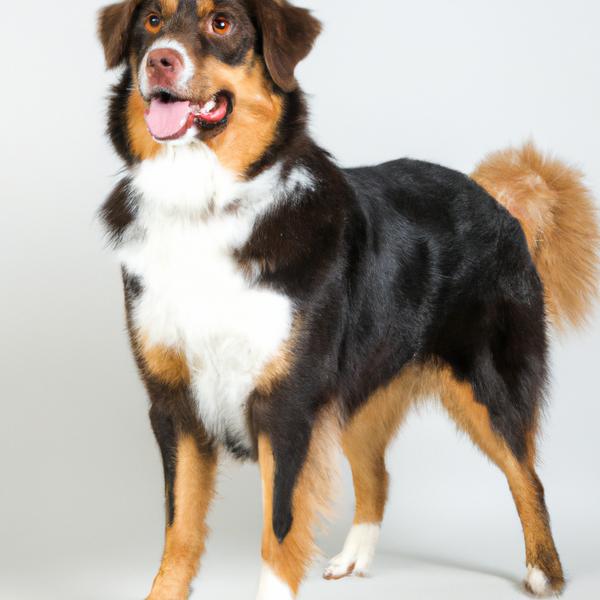Aussiedor vs. Papi-poo: Breed Differences and Similarities
Hypoallergenic
Are Aussiedors or Papi-poos hypoallergenic, or neither?
Unfortunately, neither Aussiedor nor Papi-poo are hypoallergenic, which may not make them the best choice for dog lovers who suffer from pet allergies.
Temperament
What are the personalities of Aussiedor and Papi-poo dogs?
Active
Playful
Loving
Energetic
Protective
Alert
Intelligent
Friendly
Responsive
Affectionate
Loyal
Gentle
Going
Social
Good-natured
Cheerful
Active
Happy
Energetic
Alert
Intelligent
Friendly
Trainable
Faithful
Instinctual
Shedding Level
Do Aussiedors shed more than Papi-poos, or which breed sheds more, Aussiedors or Papi-poos?
Aussiedors are moderate shedders, but regular brushing can reduce shedding and maintain coat health.
Papi-poos shed very little hair, making them a great choice for those who dislike excess hair in the house.
Watchdog Ability
Which dog breed makes a better watchdog, the Aussiedor or Papi-poo?
Aussiedors are decent watchdogs - they'll alert their owner if something seems amiss.
Papi-poos aren't great guard dogs; they tend to just watch without taking action.
Origin
What is the origin of Aussiedor and Papi-poo dog breeds?
United States
United States
Ancestry
What are the origins of Aussiedor and Papi-poo breeds?
Labrador Retriever, Australian Shepherd
Poodle and Papillon
Breed recognition
Which kennel clubs recognize/register Aussiedor and Papi-poo?
ACHC = American Canine Hybrid Club
DDKC = Designer Dogs Kennel Club
DRA = Dog Registry of America, Inc.
IDCR = International Designer Canine Registry®
ACHC = American Canine Hybrid Club
DBR = Designer Breed Registry
DDKC = Designer Dogs Kennel Club
DRA = Dog Registry of America, Inc.
IDCR = International Designer Canine Registry®
Date of Birth
When were Aussiedor and Papi-poo breeds first developed?
Unknown
1990s
Litter Size
What is the usual litter size for Aussiedor and Papi-poo?
An Aussiedor can have a litter of 6-9 puppies on average. However, it's worth noting that the size of the litters can vary greatly. Factors that can influence litter size include the health of the mother, breeding history, and genetics.
A Papi-poo can have a litter of 2-4 puppies on average. However, it's worth noting that the size of the litters can vary greatly. Factors that can influence litter size include the health of the mother, breeding history, and genetics.
Adaptability
Aussiedor and Papi-poos are known for their adaptability and versatility. They are capable of adapting well to a wide range of lifestyle changes and living environments, making them great companions for families and individuals of all lifestyles.
Health Issues
Between Aussiedor and Papi-poo, which breed is more prone to health problems?
Aussiedor and Papi-poo breeds are generally considered to be healthy. However, like all breeds, they are susceptible to certain health issues and it is important to keep an eye out for them and address them with your veterinarian as needed.
Major Concerns
What are the major health concerns for Aussiedor and Papi-poo breeds?
Elbow Dysplasia
Hip Dysplasia
Muscular Dystrophy
Collie Eye Anomaly
Epilepsy
Von Willebrand's Disease
Hypothyroidism
Addison's Disease
Legg-Calve Perthes Disease
Collapsed Trachea
Minor Concerns
What minor health issues should be kept in mind when owning Aussiedor and Papi-poo?
Progressive Retinal Atrophy
Cataracts
Sebaceous Adenitis
Pyotraumatic Dermatitis
Bloat
Nasal Solar Dermatitis
Pelger - Huet Syndrome
Osteochondritis Dissecans
Patellar Luxation
Hypoglycemia
Eye Problems
Occasional Tests
What occasional tests are recommended for Aussiedor and Papi-poo breeds?
Eye
Hip
Elbow
Blood Test
Skin Scraping
X-Rays
Physical Examination
Optical Examination
Buccal Mucosal Screening
Full Physical Examination
Blood Work and Urine Tests
Full Chemistry Panel Tests and Blood Count
Physical and Neurologic Examination
Blood Tests and Analysis
X-rays or other radiographic imaging
Echocardiography (ultrasound)
ACTH Test
Energy
How do the energy levels of Aussiedors and Papi-poos compare?
Aussiedors thrive on an active lifestyle due to their high-energy nature.
Papi-poos' high energy levels make them unsuitable for a low-key dog, choose accordingly.
Social Needs
Aussiedor vs Papi-poo social needs comparison
Aussiedor and Papi-poo have very high social needs. These needs include regular mental and physical stimulation, a job or purpose, and companionship. They thrive in environments where they have a lot of interaction with humans and other dogs.
Exercise Needed
Aussiedor vs Papi-poo exercise need comparison.
Aussiedors require significant physical activity and suit those with an active lifestyle.
Papi-poos need only a small amount of physical activity, ideal for busy or elderly people or those with limited space.
Sleeping Need
Which of the two sleeps the most/least: Aussiedor or Papi-poo?
Aussiedors are active and require sufficient sleep to stay healthy.
Papi-poos sleep less than other breeds but still need adequate sleep for good health.
Tendency to Bark
Do Aussiedors or Papi-poos bark more/less frequently?
Compared to most other breeds, Aussiedor and Papi-poo tend to be less vocal and bark less frequently. They typically only bark when necessary, such as to communicate or alert their owner, and do not bark excessively, especially when left alone.
Mouthiness
Mouthiness Comparison: Aussiedor vs Papi-poo?
Roaming urge
Aussiedor vs Labrador: Running away tendency?
Prey Drive
Aussiedor or Papi-poo - which breed has a higher level of prey drive?
Past times
What are some enjoyable activities and ways to keep Aussiedor and Papi-poo entertained?
Dog Parks, Running, Walking, Car rides, Run, Bike ride, Walk, Catch treats, Play keep away, Tug-of-war, Nap, Yoga, Hike, Frisbee, Fetch, Hiking, Play, Tracking, Hunting, Training, Play Fight, Soccer, Fetch ball, Hide & Seek, Road trip, Swim, Eating Snacks, Go on Vacation, Chase, Playing fetch
Cuddling
Activity Level
Which breed has higher energy, Aussiedors or Papi-poos?
Aussiedors are high-energy dogs. They need mental as well as physical exercise. These dogs require a lot of your involvement and without it they can, and will, become problematic dogs.
Papi-poos are medium-energy dogs and typically enjoy socializing and playing casual or even sustained games of chase with other dogs. They may also have occasional periods of barking or racing around the house.
Tolerance of being left alone
Grooming
Which breed is easier to maintain in terms of grooming, Aussiedors or Papi-poos?
The Aussiedor has low grooming needs and is easy to maintain.
Papi-poos require significant grooming, including regular trims and professional grooming assistance to maintain their coat. They may also require frequent bathing to keep their coat and skin healthy.
Brushing Frequency
What is the recommended brushing frequency for Aussiedor and Papi-poo dogs?
Aussiedor should be brushed at least once a week. Of course you can give them more frequent brushes if you find that they are still shedding a lot
Ideally, Papi-poo should be brushed at least 2 or 3 times a week (preferably daily) improve shedding.
Intelligence
Comparing Intelligence: Aussiedors vs Papi-poos
Aussiedor is a very intelligent and trainable breed.
Papi-poo is highly intelligent and very trainable.
Sensitivity Level
How do Aussiedor and Papi-poo compare in sensitivity?
This breed is sensitive to its environment and best suited for patient and understanding families with a consistent routine.
This breed is sensitive and requires gentle handling and a calm home environment.
Affection Dependance
Which is the more affectionate dog breed: Aussiedor vs Papi-poo?
Apartment Friendly
Which breed is more apartment-friendly: Aussiedor or Papi-poo?
Aussiedors are good apartment dogs as long as they get enough exercise and stimulation outside of the apartment.
The Papi-poo is a great apartment dog, thriving with sufficient exercise and time outside as part of their daily routine.
Child Friendly
Do Aussiedors or Papi-poos have a friendlier temperament towards children?
The typical characteristics of Aussiedor and Papi-poo indicate that this breed of dog is an ideal companion for kids and makes them family pets. Their gentle and protective nature and calm mentality make them gel along quickly with the younger humans.
Senior-friendly
Which dog is more suitable as a pet for the elderly - Aussiedor or Papi-poo?
Cat Friendly
Do Aussiedor or Papi-poo breeds have a better compatibility with cats?
Aussiedors are good with cats, but early training is needed to prevent chasing behavior.
Papi-poos are very friendly with cats and make great companions for them.
Dog Friendly
Which breed is more sociable with other dogs: Aussiedor or Papi-poo?
Aussiedors are friendly and active companions, and can be good family pets, though their friendliness towards other dogs may vary.
Papi-poos are average in their friendliness towards other dogs, and socialization can help.
Pet friendly
How do Aussiedor or Papi-poo dogs interact with other pets?
Stranger Friendly
Which breed is more friendly with strangers: Aussiedor or Papi-poo?
Aussiedors are friendly but may bark at strangers, and training is easy due to their intelligence.
Papi-poos are highly friendly around strangers.
Playfulness
Which breed is more playful between Aussiedor and Papi-poo?
Aussiedor and Papi-poo are known to be highly playful dogs. So if you're not up for all that, think about adopting slightly older Aussiedor and Papi-poo for a mellower experience.
Trainability
How do the trainability levels of Aussiedors and Papi-poos compare?
The Aussiedor is highly intelligent and eager to please, making it a great choice for both novice and experienced dog owners due to its easy trainability.
Papi-poos are popular for their ease of training and quick learning ability.
Compare Aussiedor with other breeds
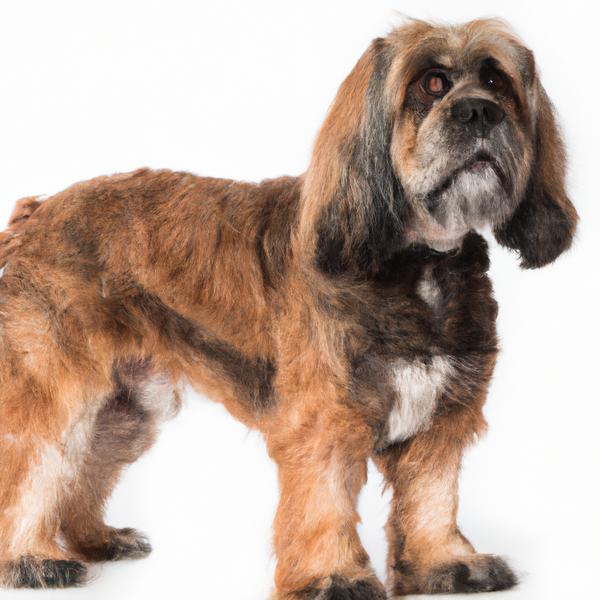
Cocker Griffon
Aussiedor vs Cocker Griffon
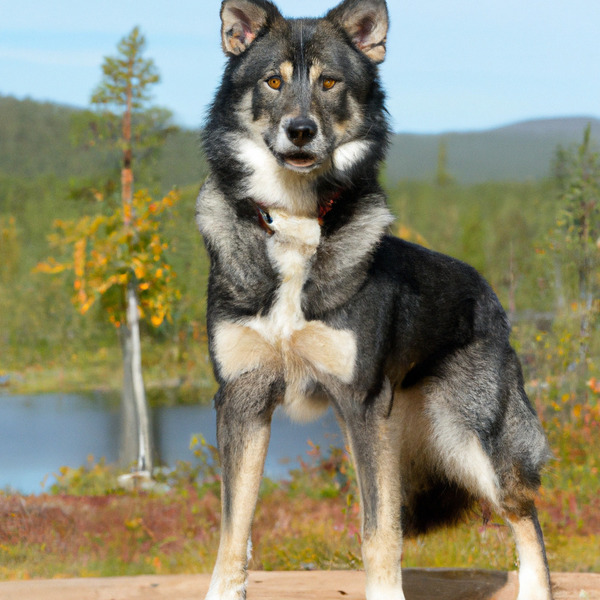
Lapponian Herder
Aussiedor vs Lapponian Herder
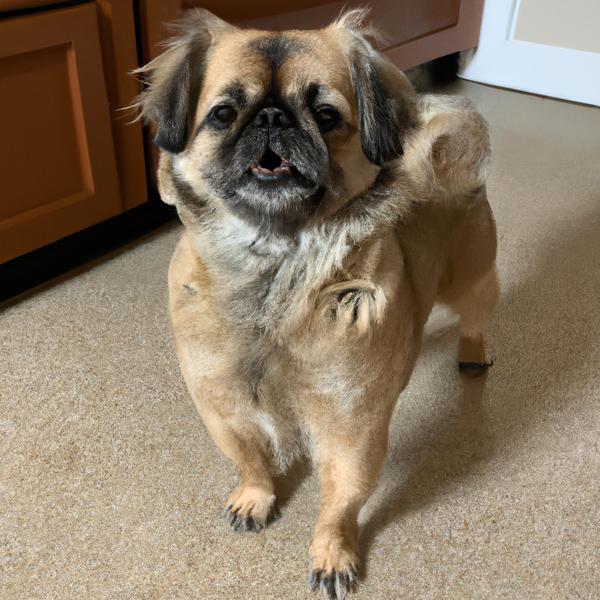
Tibetan Pug
Aussiedor vs Tibetan Pug
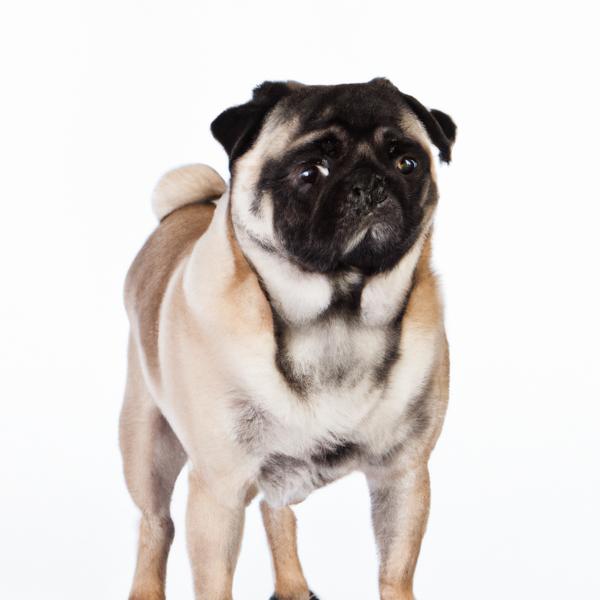
Pug-A-Mo
Aussiedor vs Pug-A-Mo
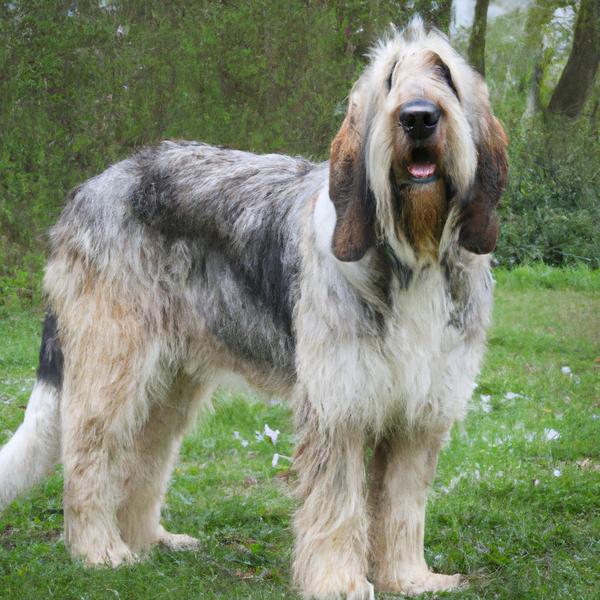
Grand Basset Griffon Vendeen
Aussiedor vs Grand Basset Griffon Vendeen
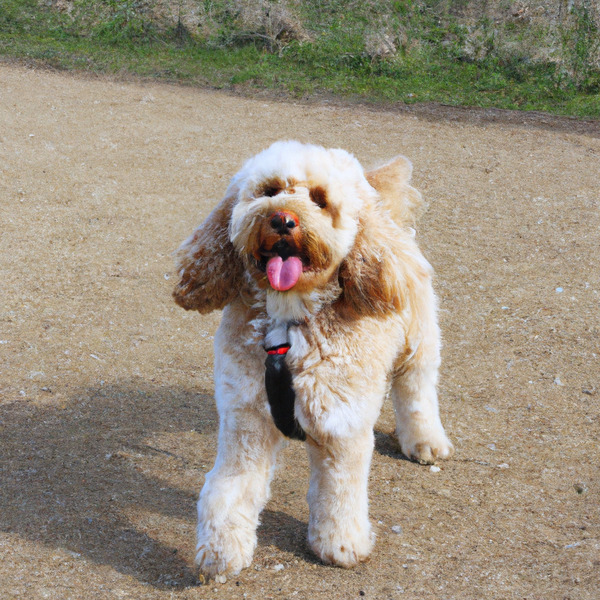
Cockapoo
Aussiedor vs Cockapoo
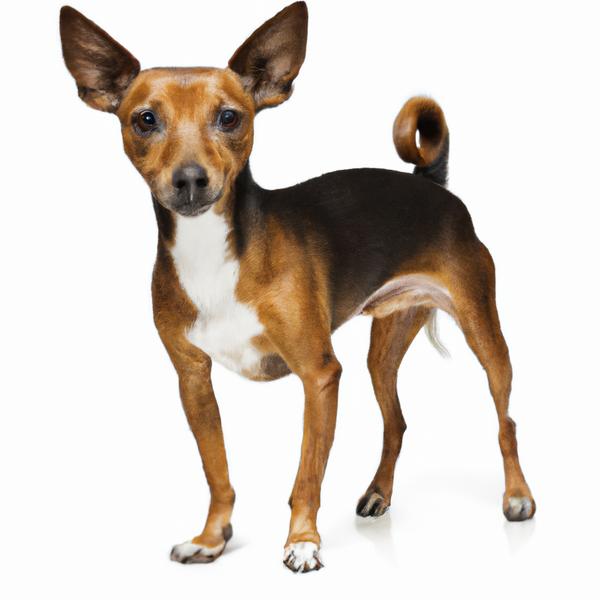
Toy Foxy Rat Terrier
Aussiedor vs Toy Foxy Rat Terrier
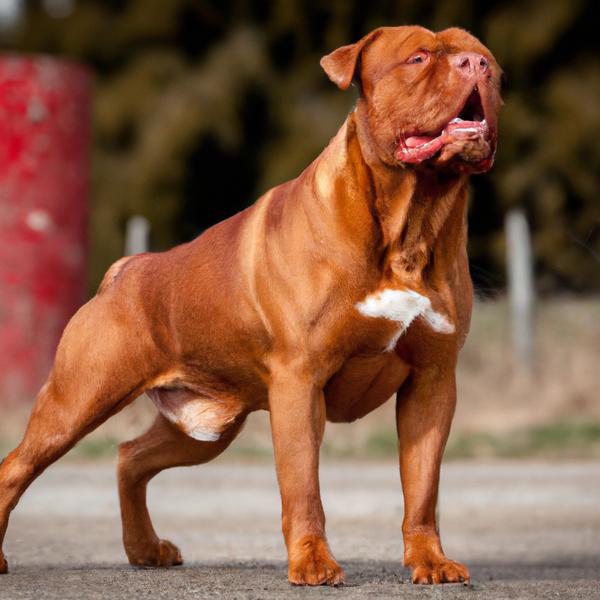
Bordeaux Pitbull
Aussiedor vs Bordeaux Pitbull
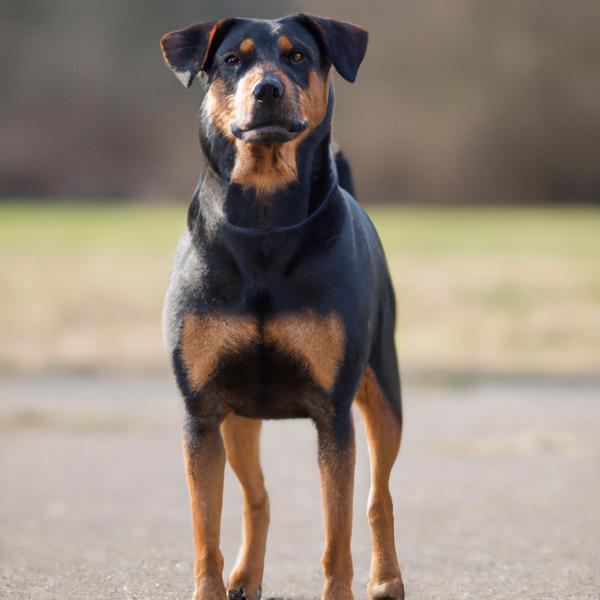
Pinweiler
Aussiedor vs Pinweiler
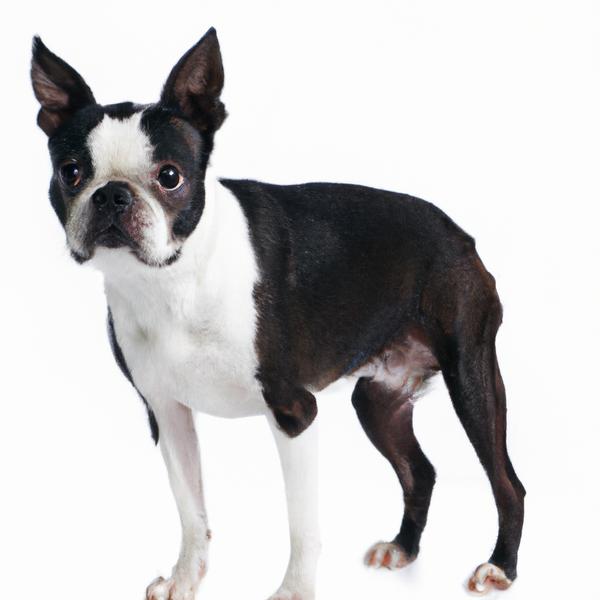
Boston Terrier
Aussiedor vs Boston Terrier
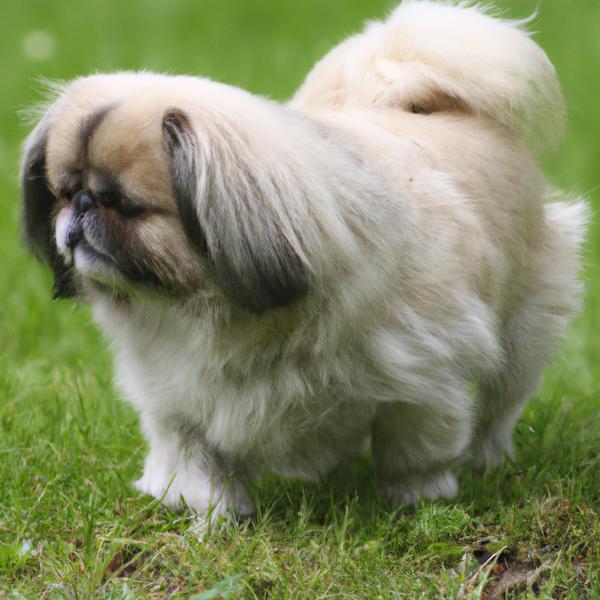
Peke-A-Tese
Aussiedor vs Peke-A-Tese
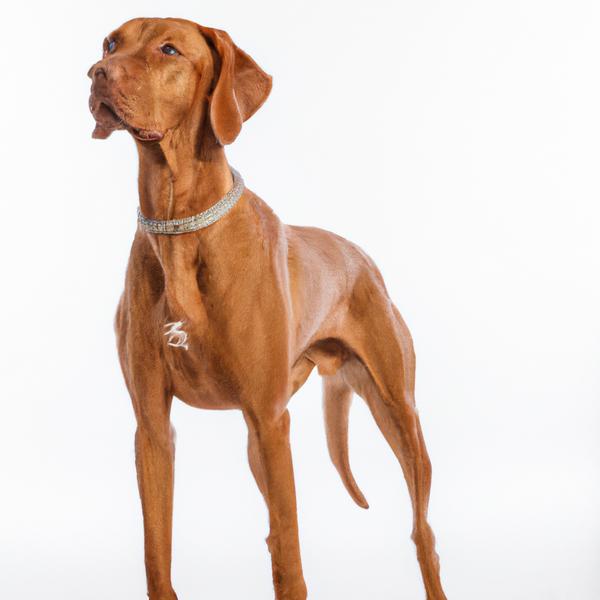
Vizsla Staff
Aussiedor vs Vizsla Staff
